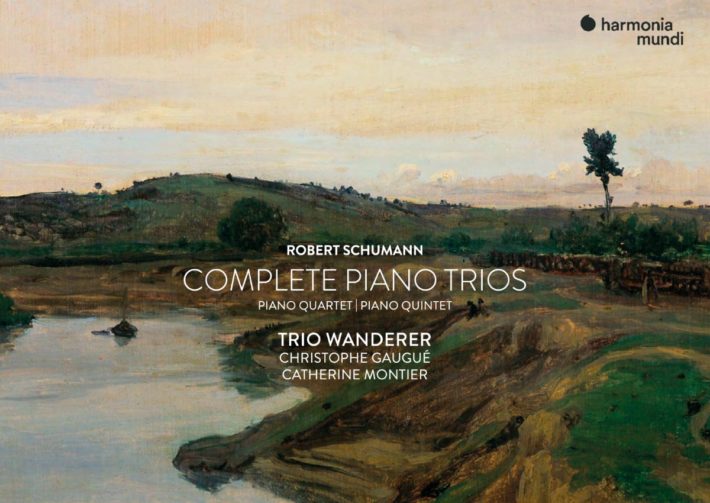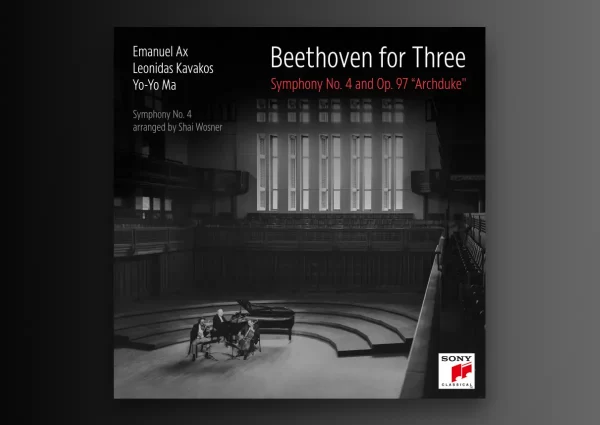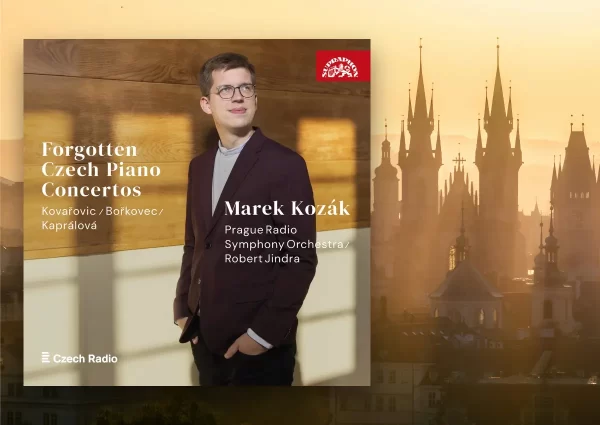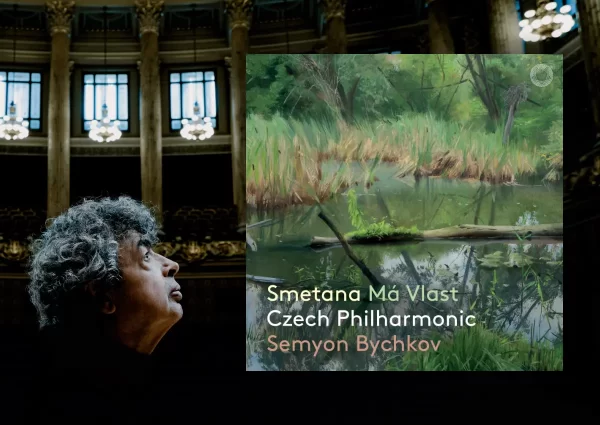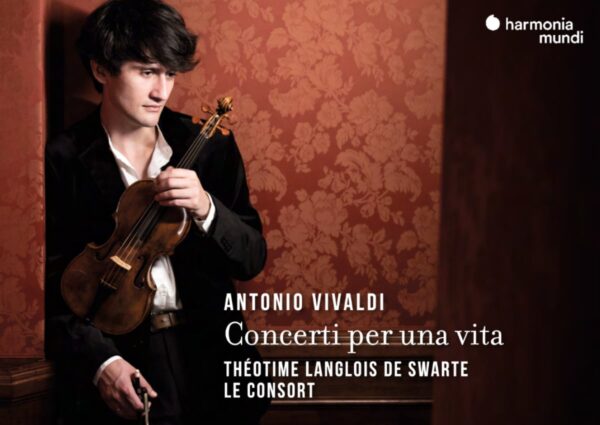Adding to their substantial recording output, Trio Wanderer turn to territory they have not yet presented – the piano trios of Robert Schumann. The trios are supplemented by the piano quartet and quintet — which are the opening works on the album. Collaborating once again with Christophe Gaugue (viola), and Catherine Montier (violin) — who supplement the trio for the larger works, they attempt to replicate the successful formula on their Shostakovich quintet release from last year.
Both the piano quartet and quintet are slightly introverted performances. While the musical bonds between the players are obvious and well-balanced, the performances lack the sparkle of other performances. Even on some of the works’ more vivacious moments, both pieces feel restricted, inward and muted, lacking a communicativeness. The phrasing is too controlled, lacking in spontaneity and is sadly unadventurous. The phrases are diligently passed between the players, but at the same time the high level of imitation sounds mechanical.
The string tones are muted, vibrato extremely light, making the sound cool and rather thin compared to other ensembles. This approach brings something of the period performance, jarring against the brightness of a modern piano in a way which isn’t entirely convincing. One has to admit, though, that the performers here avoid the struggles between a star-soloist and a chamber group, as can be heard on many other performances.
Related Classical Music Reviews
- Review: Schumann – Symphonies No. 1 and 3 – LSO, Gardiner
- Review: Schumann – Violin Sonatas – Eriikka Maalismaa, Emil Homlström
- Review: Gautier Capuçon Plays Schumann
In comparison, the first of the piano trios comes like a breath of fresh air. The excessive control is replaced with a naturalness; the music breathes organically and blooms beautifully. The chemistry between the players is less uninhibited, they develop the musical conversation with gentle introspection and reserve. The Floristan Trio, in comparison, are more passionate in this first trio. Their marginally slower tempos give them greater scope to shape the shorter phrases with more rise and fall.
Trio Wanderer project well the radiance of the lighter Piano Trio in F Major, but in rather hazy light, whereas the Florestan Trio bring an absolutely clear vision. The rhythmic vitality of the Florestan — again with slower tempi, provides a freshness and greater vitality. Trio Wanderer are beguiling in the second movement. The strings have a greater warmth than in the quartet or quintet, with a rounded sound and more vibrato. The Florestan Trio are, however, more yielding and songlike, almost vocalising the melodic lines.
Of all the works, the third Trio in G minor and the Phantasiestücke in A minor are the most successful. Both performances lose the shackles which inhibit the two previous trios, finding greater emotional depth. The increased vibrato, stylistically, sits more comfortably, and is more communicative. The Phantasiestücke are characteristic of their titles, though the repeated ideas of the ‘humoureske’ become mildly repetitive with a lack of differentiation between them.
Trio Wanderer have a slightly reserved approach in many of their releases, and this is no different. In this Schumann set, they clearly understand the character of the music and the composer’s psyche, but are not as convincing or as communicative in this rather unevenly executed release. The level of romanticism is always too austere and remote. This is not helped by a rather dry and unbalanced recording engineering, which is close to the strings but leaves the piano somewhat unfocused.

Schumann – Piano Trios, Piano Quartet*, Piano Quintet**, Phantasiestücke
Trio Wanderer:
Vincent Coq – Piano
Jean-Marc Phillips-Varjabédian – Violin
Raphaël Pidoux – Cello
Christophe Gaugué – Viola*/**
Catherine Montier – Violin**
Harmonia Mundi, CD HMM 902344.46
Recommended Comparisons
Read more classical music reviews or visit The Classic Review Amazon store
Follow Us and Comment:
Get our periodic classical music newsletter with our recent reviews, news and beginners guides.
We respect your privacy.

